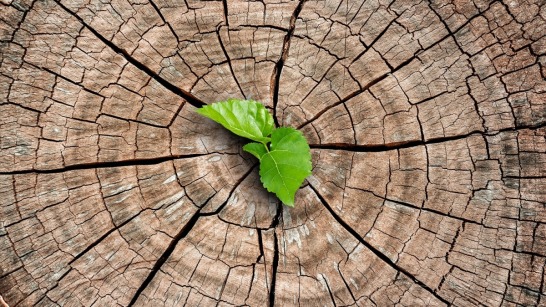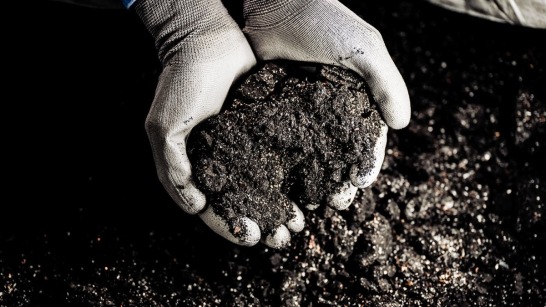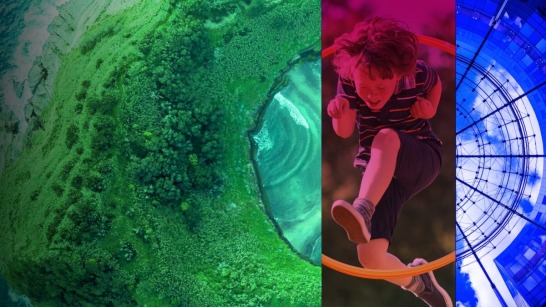
KION Group Uses Circular Economy to Conserve Resources
After today, we’re living on borrowed time. International “Earth Overshoot Day” falls on August 2 this year, and it’s no cause for celebration. That’s because this occasion marks the day in the year by which we have used up all the natural resources that the Earth is able to regenerate in one year. To ensure our planet is able to renew itself in the future, we have to be more responsible in our use of resources. The solution lies in circularity, i.e. the circular economy. In this strategic field of action, the KION Group is committed to using renewable resources, developing new concepts for the joint and modular use of products and solutions, extending the service life of our products, and reusing materials.
2023-08-02






